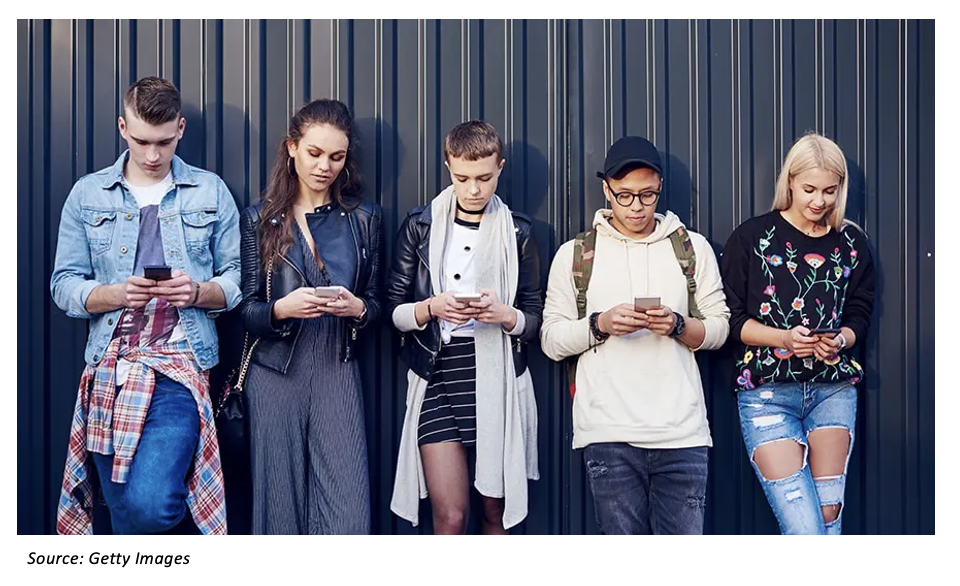State of Gen Z and Social Media: 2022
If there’s one universal truth about social media, it’s that it changes all the time. Platforms rise and fall in popularity, particularly among Gen Z who were raised with social media and are now trying to reconcile their relationship with it.
Social media has ingrained itself in Gen Z’s social lives, in their media consumption, and in youth culture. But now, Gen Z is pushing back against the social networks they grew up alongside. They are wary and mistrustful of tech companies that, in their view, have prioritized revenue over community building, continuously changed the rules, and copycatted their competitors. (Case in point: July’s “Make Instagram Instagram Again” movement.) And at the same time, Gen Z is starting to grow tired of the mental and emotional toll that social media has taken.
Sara Fischer, Axios media reporter, writes about Gen Z’s impact on social media. In her article, she shares how Gen Z is now choosing to engage with social media and asserts that their behavior is universally shaping social media as we know it.
She cites Pew Research which reported a decline in social media use from 2019-2021 among 18-29 year-olds – the only generation to be participating less in social media than they had been in recent years.
However, TikTok has bucked this trend as its popularity among Gen Z skyrocketed since 2019. The app was the first of its kind to provide personalized, short-form videos that favored real over manufactured content – which is exactly what Gen Z wanted. And while TikTok is Gen Z’s preferred social tool, it’s become a discovery tool for them as well. Just last month, Google revealed that 40% of Gen Z prefers to search for information visually on platforms like TikTok over text searches on Google.
A similarly high level of engagement on TikTok also exists among Gen Z’s teen cohort. Pew Research charted the popularity of social media platforms among teens, 13-17, based on surveys they conducted in 2014-15 and 2022.
They found that next to YouTube (which is in a class of its own) TikTok emerged as the most popular social media app in 2022 among 13-17-year-olds, outpacing Instagram and Snapchat, while Facebook’s teen share dropped dramatically.
As Gen Z continues to mold the future of the internet, we see teens and young adults pulling away from traditional social media in favor of platforms that deliver more personalized, authentic and original content (whether from mainstream TikTok or new apps like BeReal).
In turn, Fischer points out that top platforms have backed away from positioning themselves as social media providers.
TikTok is billing itself an ‘entertainment platform’; Snapchat: ‘a camera company’; Meta was a brand born from the desire to position the company around the metaverse instead of social media.
2022 reflects a desire for a new chapter in social media, and as it has always been, it’s up to the younger generation to define where social media is headed next.


